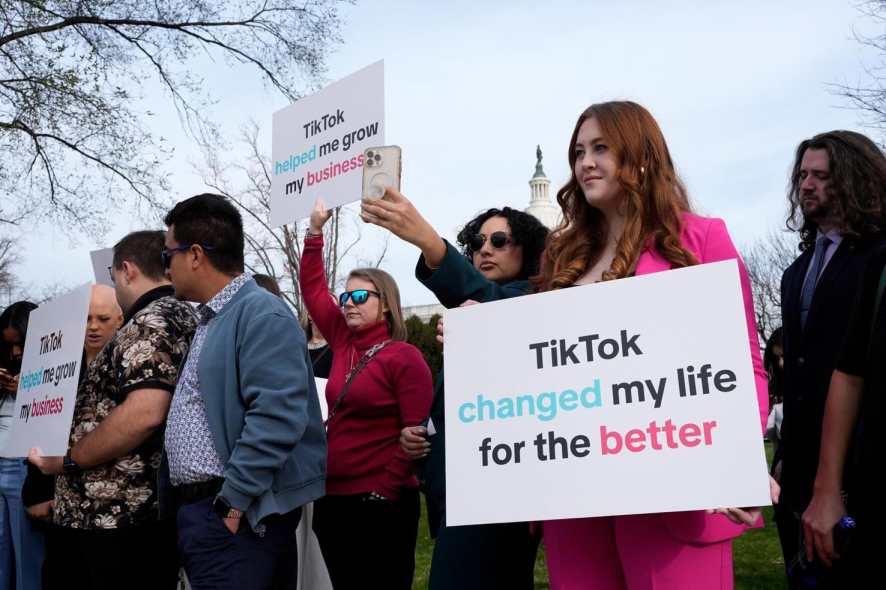The way forward for TikTok is at stake and might be determined quickly because the U.S. Supreme Court docket considers free speech arguments over a possible nationwide ban. If its China-based proprietor, ByteDance, doesn’t relinquish management of the app, TikTok may not be accessible within the U.S. as early as subsequent week. Keep up to date with our stay weblog for the most recent information and evaluation.
The justices are reviewing the Defending Individuals from Overseas Adversary Managed Functions Act. This legislation, which targets TikTok, imposes steep civil penalties on entities that proceed to function the app after January 19, in keeping with a report from CNBC. On the coronary heart of the case is whether or not the legislation violates the U.S. Structure’s free speech protections.
The timeline for a choice stays unsure. If ByteDance doesn’t divest TikTok to an American firm, the platform faces an entire shutdown within the U.S.
Thousands and thousands Communicate Out
Because the Supreme Court docket hears arguments, TikTok customers and creators are voicing their issues. Many have shared how the platform has formed their lives, providing new alternatives for creativity and revenue.

Late December, the U.S. Supreme Court agreed to hear TikTok’s appeal to dam a federal legislation that threatens to ban the platform within the U.S. until its China-based guardian firm, ByteDance, agrees to promote it.
This determination offers TikTok and ByteDance a possibility to contest the laws, which has sparked widespread controversy and ongoing authorized challenges.
What’s at Stake for Customers?
TikTok’s 115 million U.S. month-to-month energetic customers may see completely different outcomes relying on when the court docket makes its determination.
If the ban takes impact on January 19 and no determination is made beforehand, customers with the app already downloaded may nonetheless have the ability to entry it. Nonetheless, updating or redownloading the app would probably be off the desk, authorized consultants counsel.
For creators who depend on TikTok for revenue—whether or not by adverts, partnerships, or merchandise—a ban may pressure them emigrate their content material and viewers to platforms like YouTube or Instagram.
“Even a brief shutdown can be important—not only for creators however for everybody who shares or views content material,” mentioned George Wang, a employees legal professional on the Knight First Modification Institute. He additionally warned in regards to the precedent this might set for on-line speech regulation.
Who’s Supporting and Opposing the Ban?
Amicus briefs from lawmakers, organizations, and even President-elect Donald Trump have poured in, supporting each side of the argument.
The federal government, led by Legal professional Common Merrick Garland, argues that till ByteDance divests TikTok, the app stays a instrument for espionage and covert affect operations.
Trump’s transient took a special stance, asking the court docket to keep away from banning the platform whereas he explores a political answer to deal with nationwide safety issues.
TikTok has performed a pivotal position in campaigns, together with these of Trump and Kamala Harris in the course of the 2024 presidential race. It’s additionally turn out to be a serious supply of stories for youthful voters.
In a September submit on Reality Social, Trump urged Individuals to vote for him to save lots of TikTok, a press release he additionally referenced in his amicus transient.
What’s Subsequent?
The timing of the Supreme Court docket’s ruling remains to be unclear, however the expedited listening to suggests a choice may come sooner relatively than later.
With TikTok’s large consumer base, the case carries important weight. Erwin Chemerinsky, dean of Berkeley Legislation, highlighted the broader implications: “That is an unprecedented transfer to ban a platform utilized by so many individuals. It brings free speech issues into direct battle with nationwide safety claims,” CNBC reported.






